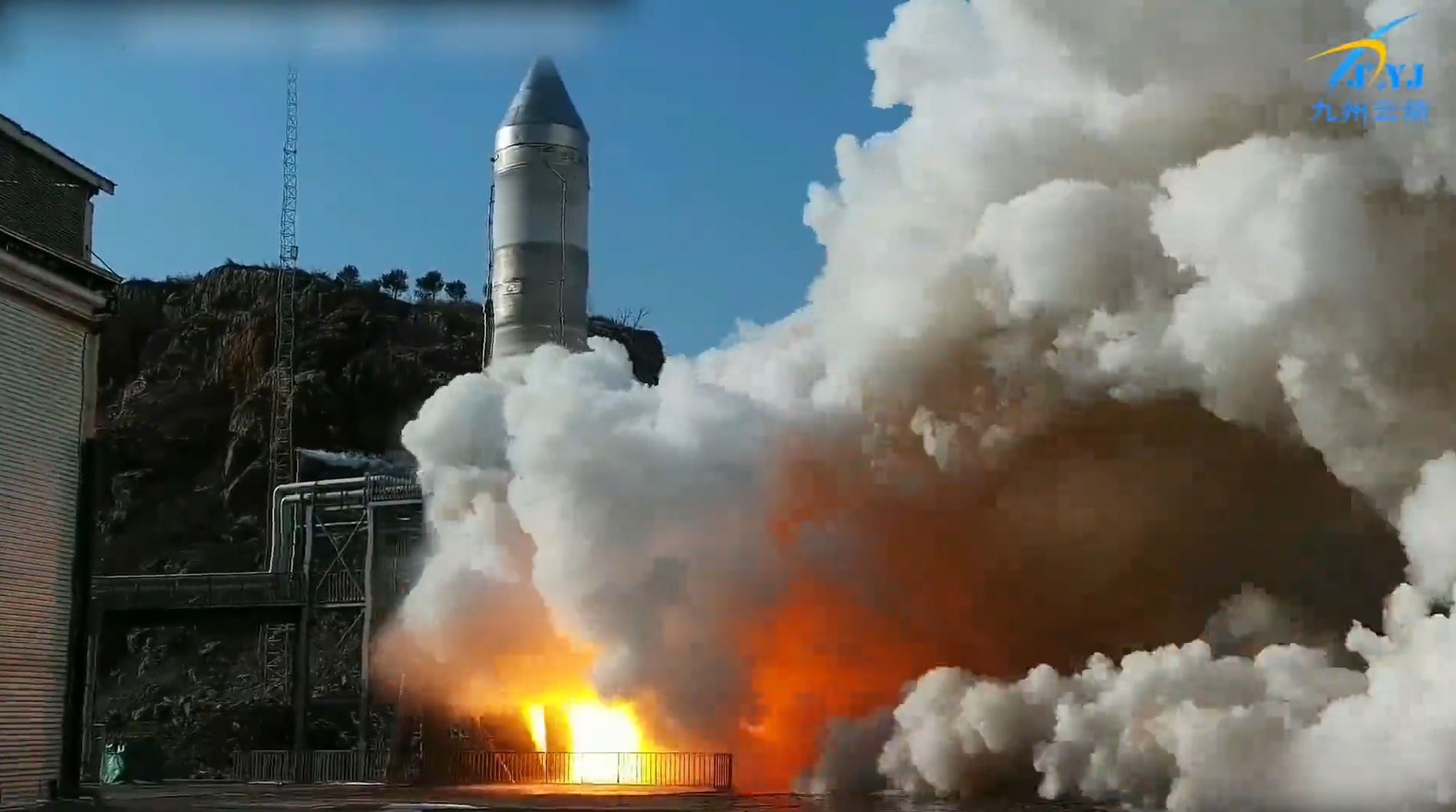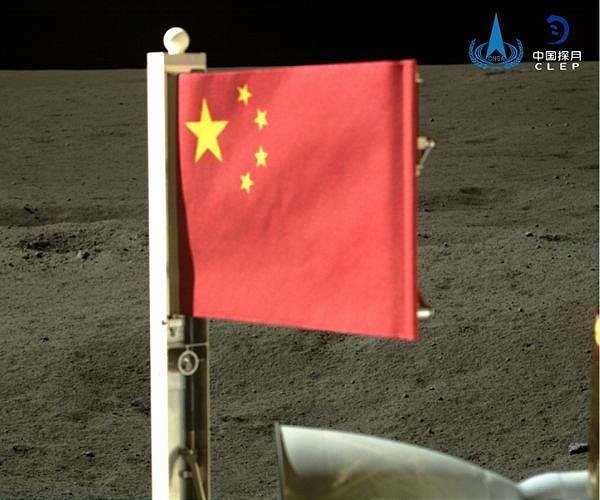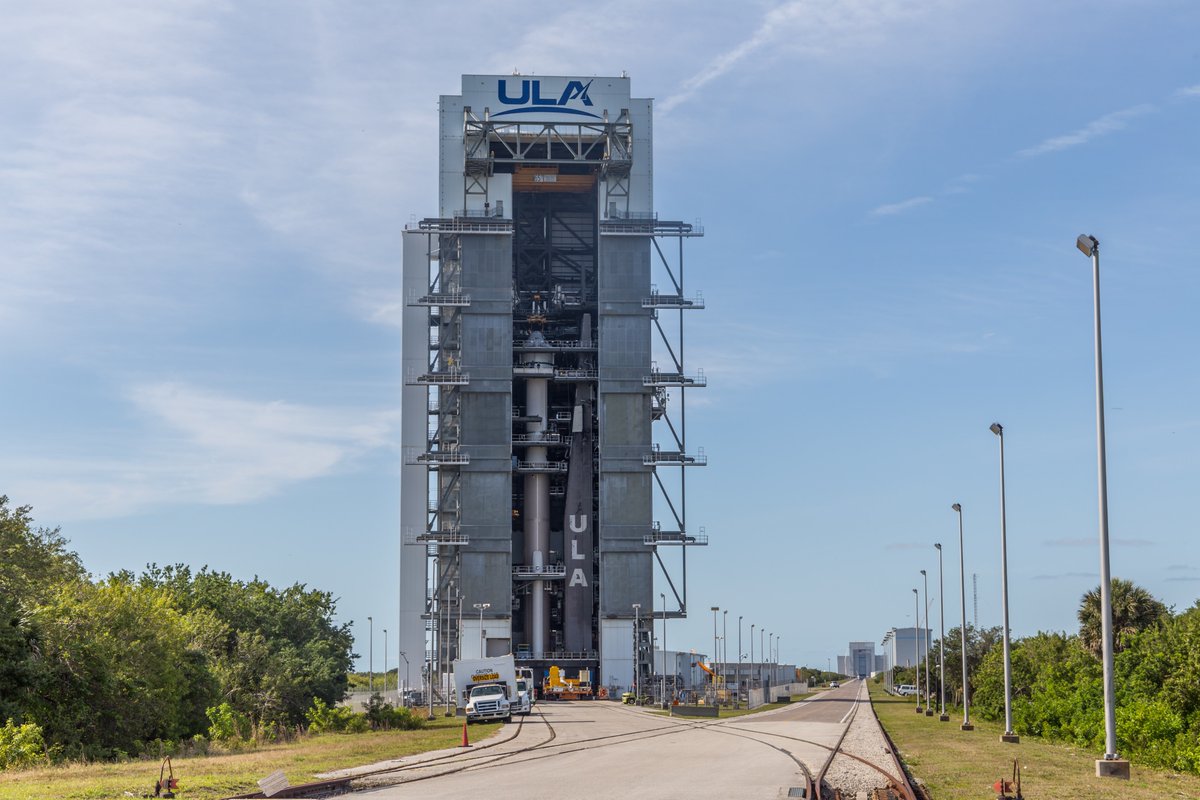HELSINKI — Chinese rocket maker Space Epoch has entered into a strategic partnership with satellite operator Shifang Xinglian to develop a constellation of medium Earth orbit satellites.
Top officials from Beijing Jianyuan Technology Co., Ltd., also known as Space Epoch, or Sepoch, and Shifang Xinglian (Suzhou) Aerospace Technology Co., Ltd., (Shifang Xinglian) signed a strategic cooperation agreement in Beijing May 23.
Both parties will leverage their strengths to cooperate deeply in emerging technologies such as medium Earth orbit (MEO) relay satellite launches, space-based measurement, and control support for new commercial rockets, aiming to build a commercial aerospace industry chain and foster the development of commercial aerospace, a joint statement read.
Advantages of MEO satellites include a good balance between the broad coverage of geostationary orbit (GEO) and the low latency of low Earth orbit (LEO). These also require fewer satellites to provide global coverage than LEO constellations.
The agreement has been forged at a relatively early stage for both companies. However the intent further illustrates a proliferation of actors engaged in launch services and constellation plans in China. The development comes amid strong political backing for commercial space in the country.
Space Epoch is developing medium and large fully reusable rockets akin to SpaceX’s Starship but on a smaller scale. Their flagship project is the 64-meter-tall XZY-1 rocket which is to be capable of launching 6,500 kilograms to a 1,100-kilometer sun-synchronous orbit. The launch vehicle will use thin-walled stainless steel and is designed for multiple reuses.
👀 SEPOCH conducted a water drop test of XZY-1 1st stage, with a JiuZhouYunJian’s Longyun metholox engine installed & mass simulator to simulate propellants. Suborbital test launch & sea recovery planned for next year.But, it seems they didn’t let the stage fall all the way down https://t.co/tHGzAky1dE pic.twitter.com/vCNLcidh9W— China ‘N Asia Spaceflight 🚀𝕏 🛰️ (@CNSpaceflight) September 21, 2023
Space Epoch secured a 200 million yuan (US$27.6m) late last year. It has already made progress on testing 3.0- and 4.0-meter-diameter propellant tanks and conducted tests using methane-liquid oxygen engines supplied by commercial engine maker Jiuzhou Yunjian.
The company has partnered with Alibaba to explore the use of reusable rockets for point-to-point transportation for parcel deliveries. Space Epoch also claims to support national plans for space tourism, space station construction, deep space exploration, asteroid defense and other markets.
Shifang Xinglian meanwhile was founded in 2022 and received undisclosed backing from notable private equity and investment firm Zhuoyuan Capital. It has provided tracking and control for a number of commercial satellite launches
The company says it aims to build and operate China’s first MEO relay satellite system, focusing on integrated space-ground measurement, control, and data relay services for various platforms.
Its backer Zhuoyuan Capital also recently invested in Deep Blue Aerospace. DBA is another launcher service provider which this month announced a funding round worth tens of millions of dollars in B-round funding.
Earlier this month, in a related development, another company, the Shanghai government and Tsinghua University-backed Tsingshen Tech launched China’s first MEO broadband satellite. China is also planning to build LEO broadband megaconstellations, adding to communications assets already in GEO.
Both Space Epoch and Shifang Xinglian could play a role within a wider, national effort to expand China’s commercial space industry. The Chinese central government has recently identified the commercial space sector as a key strategic industry. In response, new policies are being developed and implemented at both provincial and city levels to support the growth of commercial space enterprises. Additionally, the expansion of a new commercial spaceport is underway to meet the increasing demand for launch services.
China is also backing megaconstellations which could provide commercial launch service providers with contracts with which to establish themselves.
Related




